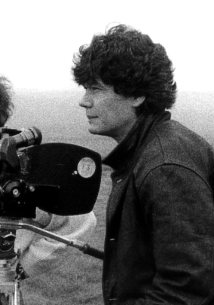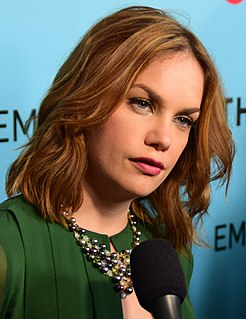A Quote by Damian Pettigrew
I don't like making didactic, pedagogical documentaries based on standard formulas of narration: I'm only interested in the ambitious French tradition of the documentaire de création where the film, if successful, is not about something but that something itself. The goal is to incorporate areas of risk and paradox that we associate with cinematic art.
Related Quotes
Our biggest art forms are film and television, and there hasn't been a great film about 9/11 yet, nor has there been a great television series. Something like The Wire gives us a rich and fully achieved picture of the wasteful, cruel War on Drugs; something like The White Ribbon gives a perspective on World War I that could only have been presented long after the event itself.
The communal experience of sharing something, and being part of it, and watching something visually striking, that's what film is all about. Seeing everything on a big screen, and to be able to see something phenomenal in that way, and being moved by it. We have kind of lost the tradition of that, and we're not nurturing the next generation in that tradition, and maybe that's why they're not turning up.
I wish to boast that Pygmalion has been an extremely successful play all over Europe and North America as well as at home. It is so intensely and deliberately didactic, and its subject is esteemed so dry, that I delight in throwing it at the heads of the wiseacres who repeat the parrot cry that art should never be didactic. It goes to prove my contention that art should never be anything else.




































